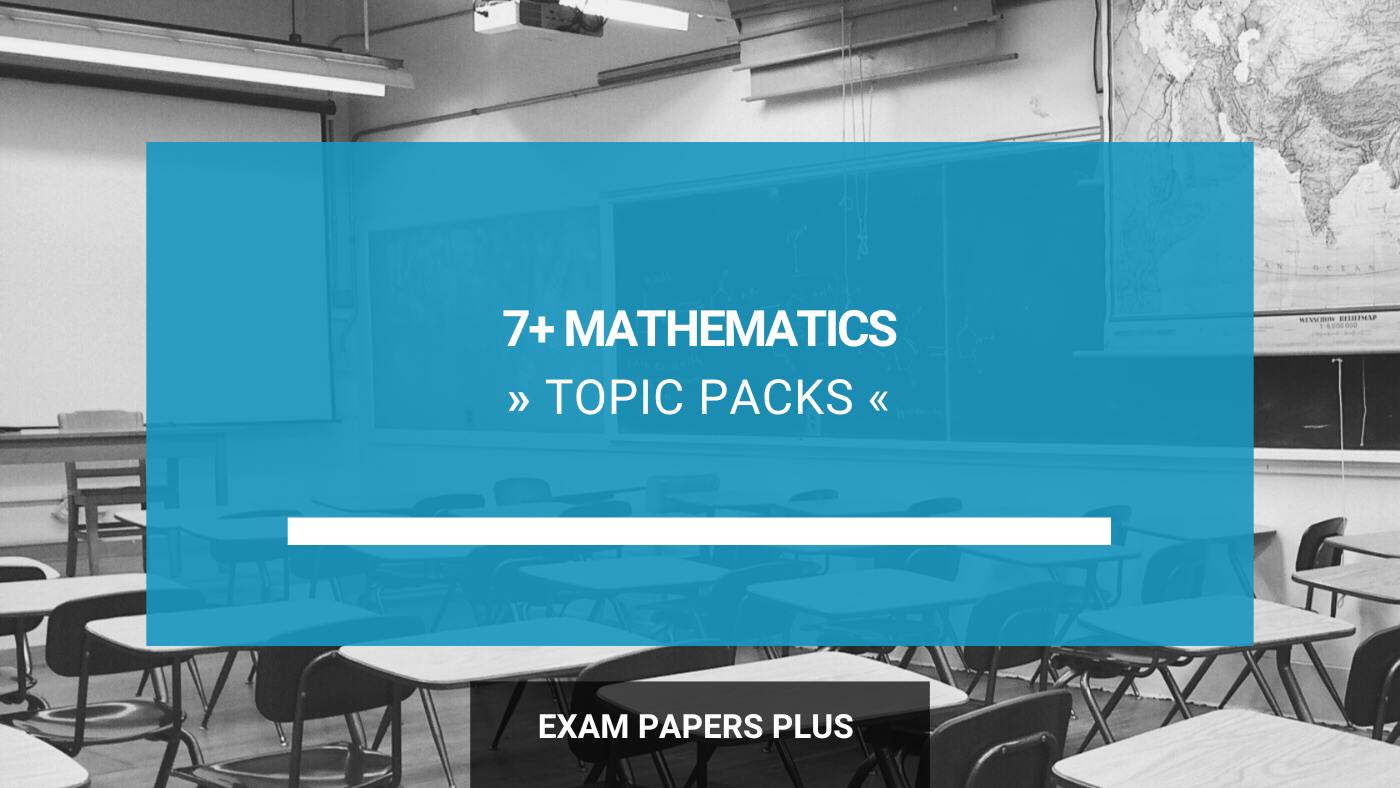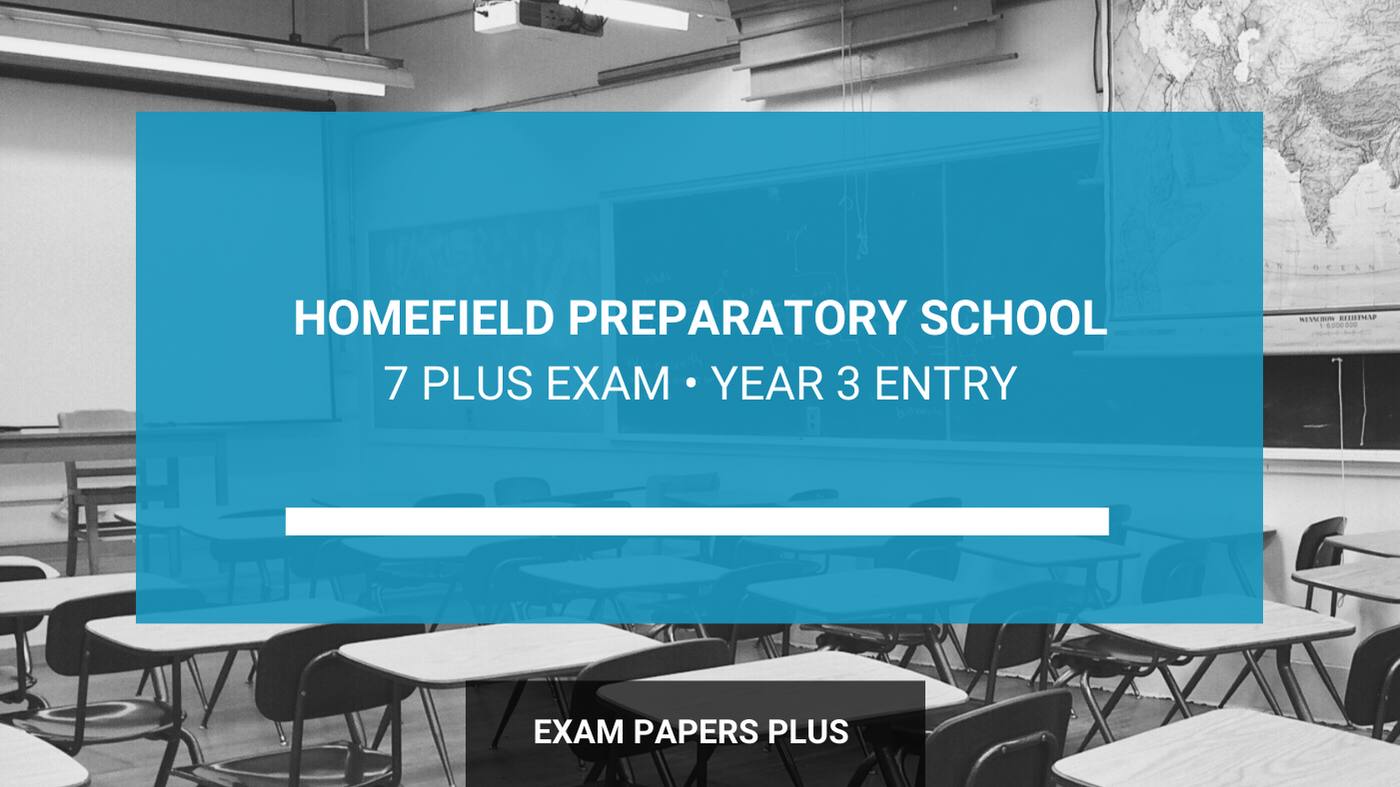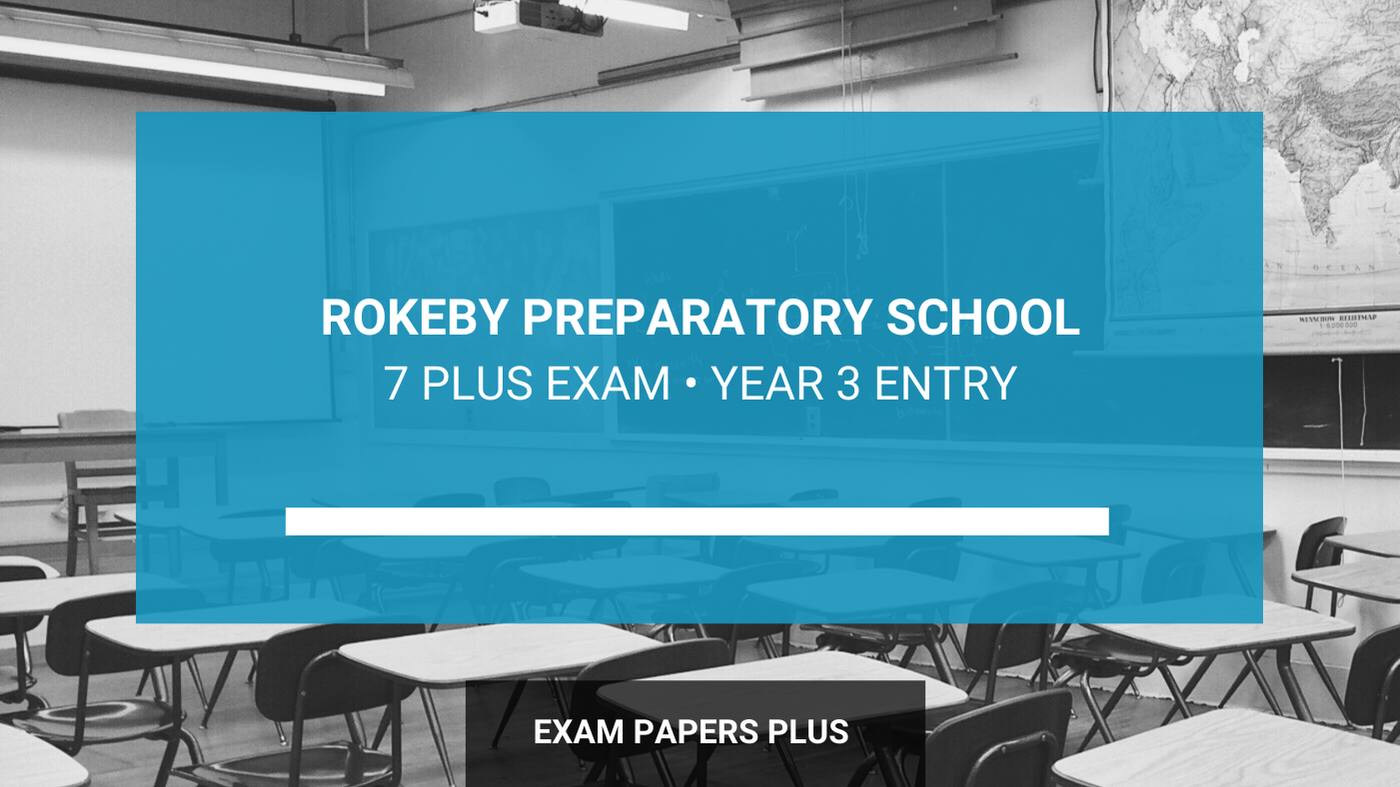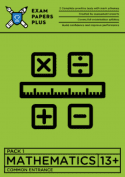
What came up in the 2016 entry 7+ Exams?
Bookmark this page? Pop your email into the box below to receive a link to this article so you can easily refer back to it later.
Once again we have collated feedback from our students who successfully sat 7+ entrance exams this year, so that we can give you essential insights and tips.
At Exam Papers Plus we build strong and supportive relationships with children and parents on their 7+ and 8+ educational journey. We’re very grateful to those who share their experiences, so we can pass it on, helping you to understand the requirements, disciplines, knowledge and skills needed as you embark on the year ahead. I won’t repeat advice and exam technique provided in previous articles – you can read it all here – but have lots of snippets to share in terms of this year’s exam content.
The most selective schools want to challenge prospective students, to ensure that they are attracting the brightest and the best. They like to mix things up and keep things fresh. However, the abilities and skills being tested remain the same and are based on the tenets of the primary curriculum in literacy and numeracy.
Understanding what came up last year as it will give you an idea of the types and level of question asked. This will help you to prepare your child for the various topics that could come up; the logic being that if they have been exposed to some of this before, it won’t come as such of a shock or surprise in the real exams, so they will be more confident and calm in their approach. We all know that experience is key and exposure and practice are extremely beneficial.
This article covers information from this year’s 7+ exams at the following schools:
Bancroft’s
City of London School for Girls
Colet Court
Dulwich College Prep
Forest School
Haberdashers’ Aske’s Boys’ School (Habs)
Highgate
King’s Wimbledon
Lady Eleanor Holles School
Latymer
North London Collegiate School (NLCS)
St Helen’s School
Westminster Under School
Wetherby
Wimbledon High
One girls’ school asked candidates to spell 34 words, ranging from the simple ‘game’ and ‘girls’, to the more academically challenging homophones ‘aloud’ and ‘allowed’, testing context and comprehension, as well as spelling. The composition exercise was a picture cue of a fairy godmother in a sequence of three pictures. The key here is to write about what you see. The comprehension exercise included a passage on fishing with some words missing (known as a cloze piece) and the students were asked to insert the most applicable word from a selection of four.
Another girls’ school – at the other end of town – didn’t test candidates with a written comprehension, but asked the children to read a passage aloud (not ‘allowed’!), write a story from (another) picture cue and do a set of verbal reasoning questions based on phonics. Non-verbal reasoning was also tested.
The mathematics paper at one school was comprehensive in length with approx. 21 questions, and followed the syllabus and National Curriculum levels closely. The reasoning paper was a mix of puzzles like odd one out, alphabetical order and number codes. The English section was perceived as more challenging by comparison, with the comprehension being about a chicken finding a golden coin. Three picture cues were given and candidates were asked to include all elements in their story. At a neighbouring school, Buzz Aldrin was the comprehension topic.
One school included a listening test comprising of non-verbal reasoning and mental maths – the majority of our students who took it said that the maths was ‘OK’ and ‘do-able’. Shape drawing came up, as did number squares, sequencing, measurement and time. Written non-verbal reasoning was minimal and the verbal reasoning was based on a picture (this picture was apparently used for different age exams, but the questions were different and age-appropriate). Two comprehension exercises were included – one extract-based and one picture-based – testing both understanding and logic (eg reasoning); and in the composition, candidates were asked to write a story based on….yes, you’ve guessed it, a picture cue! A couple of schools bucked this trend however. One asked candidates to complete a story that had an opening sentence about being on a ride at a funfair.
A school known for its rigorous tests tested all four areas: maths, english, verbal and non verbal reasoning, with NVR being classed by many as ‘really tough’ this year. The maths test was heavily problem-based and included mental maths. The composition exercise asked candidates to write a story entitled ‘The Present’ and came with a few pointers and some planning space. Candidates were given 45 minutes: 15 to plan and 30 minutes to write. The comprehension was multiple choice and the spelling test included words like ‘disappear’, ‘careful’ and ‘don’t’; an interesting mix of words, testing things like double letters, grammar and accurate use of apostrophes.
This year, one school introduced a new NVR area that quite a few children said they had not seen or practised before: converting side views to birds’ eye views – quite tricky! So whilst this may not come up again (as we have heard on the grapevine that this paper overall was very difficult and few candidates got above 60-65%) it could do, so we would recommend going over it with your child, just in case.
Overall, comprehension exercises ranged from 15 -25 minutes in length and the average for composition was 20 minutes – although some schools allowed significantly longer. Maths sections ranged from 30 – 50 minutes and it seems that reasoning papers were referred to as ‘puzzle papers’ by many schools this year.
We hope that you found this post helpful and informative. We always welcome your feedback and comments, so please do get in touch if you have any questions or would like some help.
We are experts in 7+ preparation and offer a number of tools and services to help your child succeed including practice papers, bespoke 7+ courses, mock exams and one-on-one tuition.
Image source:
telegraph.co.uk
Bookmark this page? Pop your email into the box below to receive a link to this article so you can easily refer back to it later.
















